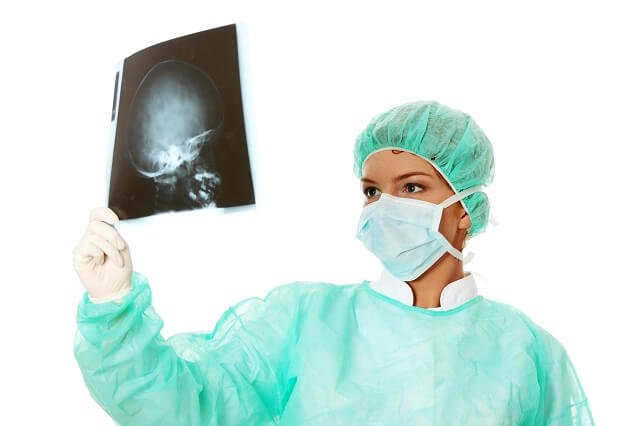
Free Consultation(203) 447-0000

Free Consultation(203) 447-0000

In the United States, millions of deaths every year are caused by head injuries. Since the skull encases the brain, and since the brain serves as the body’s command and control center, almost any type of head injury is potentially deadly if it is serious enough. When the injury is caused by the misconduct of someone else, serious legal issues arise.
Brain injuries can be roughly divided into two types: traumatic brain injury and acquired brain injury.
TBI is caused by an external force such as a criminal assault, a slip and fall accident, a workplace accident, an auto accident, or a sports injury. The most common types of TBI include:
Acquired brain injury doesn’t necessarily result from an external force, but it can be just as deadly. Acquired brain injuries can be classified into two types:
Of course, a hospital orderly might drop a stretcher that is carrying you and thereby give you a concussion. Such an event would not likely be classified as medical malpractice, and it is not the typical way that patients receive brain injuries from medical care. When a brain injury is caused by medical malpractice, the result is usually acquired brain injury rather than traumatic brain injury (although medical malpractice can worsen either condition).
Brain injuries arising from medical malpractice are just as often caused by omission (something the doctor didn’t do that he should have done) as by commission (something inappropriate that the doctor did).
There are many ways in which a doctor or other healthcare professional can cause or worsen a brain injury. Some of the most common categories of errors include:
Negligent medical care during childbirth is particularly likely to cause anoxia and hypoxic brain injury. Some of the most common forms of birth injury related medical malpractice include:
Many symptoms of a head injury do not occur immediately after the event that caused the injury, and many of them are not obviously consequences of a head injury – at least from the point of view of someone who is not familiar with these conditions. These symptoms include:
Although experiencing, say, a headache or a dizzy spell doesn’t necessarily mean you have a head injury, you should seek medical attention immediately if these symptoms persist, become serious, or if you have reason to believe that you have suffered a head injury. Some symptoms, such as blackouts or seizures, should always be treated immediately.
Head injuries are often fatal, but what legal action can be taken once the victim has already died? Well, Connecticut’s wrongful death statute allows the personal representative of the deceased victim’s probate estate to file a wrongful death lawsuit against the responsible party. Any damages that are awarded are paid to the estate itself, for eventual distribution to estate beneficiaries. Damages can be awarded for:
Compensation in a Connecticut wrongful death claim can amount to quite a lot of money as long as the personal representative and the lawyer handling the case realizes the true value of the claim.
If you have suffered a head injury that was caused by someone else’s misconduct, or if your loved one died that way, it is important that you seek compensation as soon as possible – your claim might be worth far more than you think it is. Call Berkowitz Hanna today or contact us online to schedule a free case consultation. We take cases from throughout Connecticut from our offices in Stamford, Bridgeport, Danbury and Shelton.
Berkowitz Hanna
